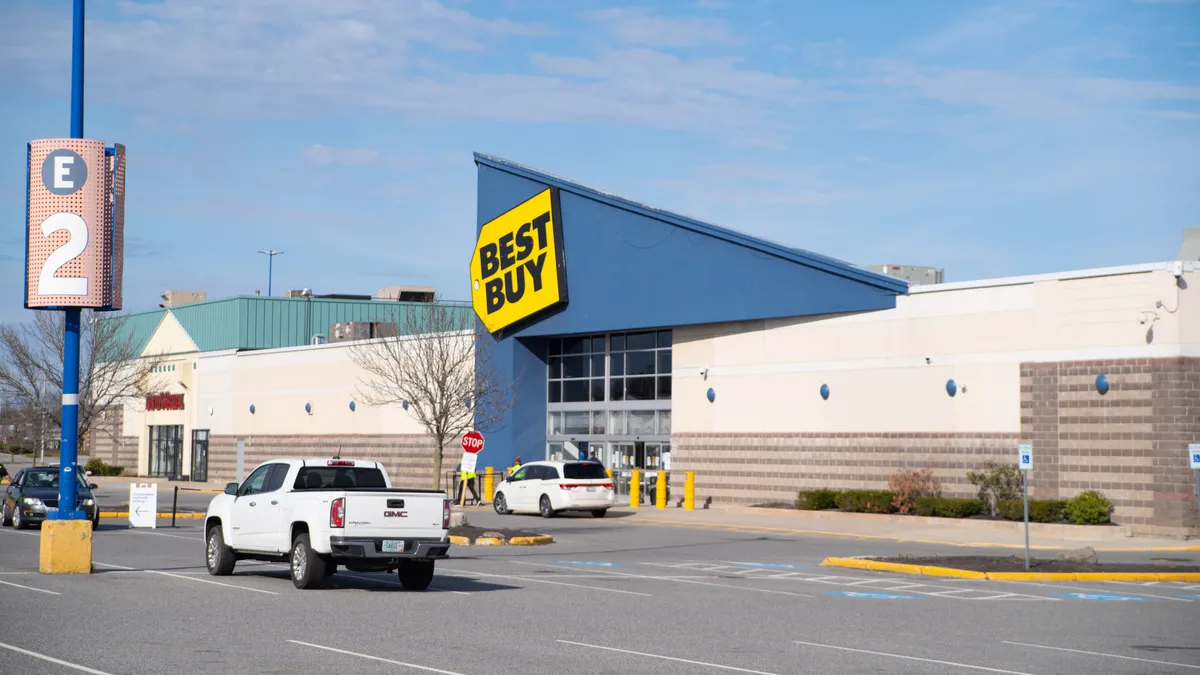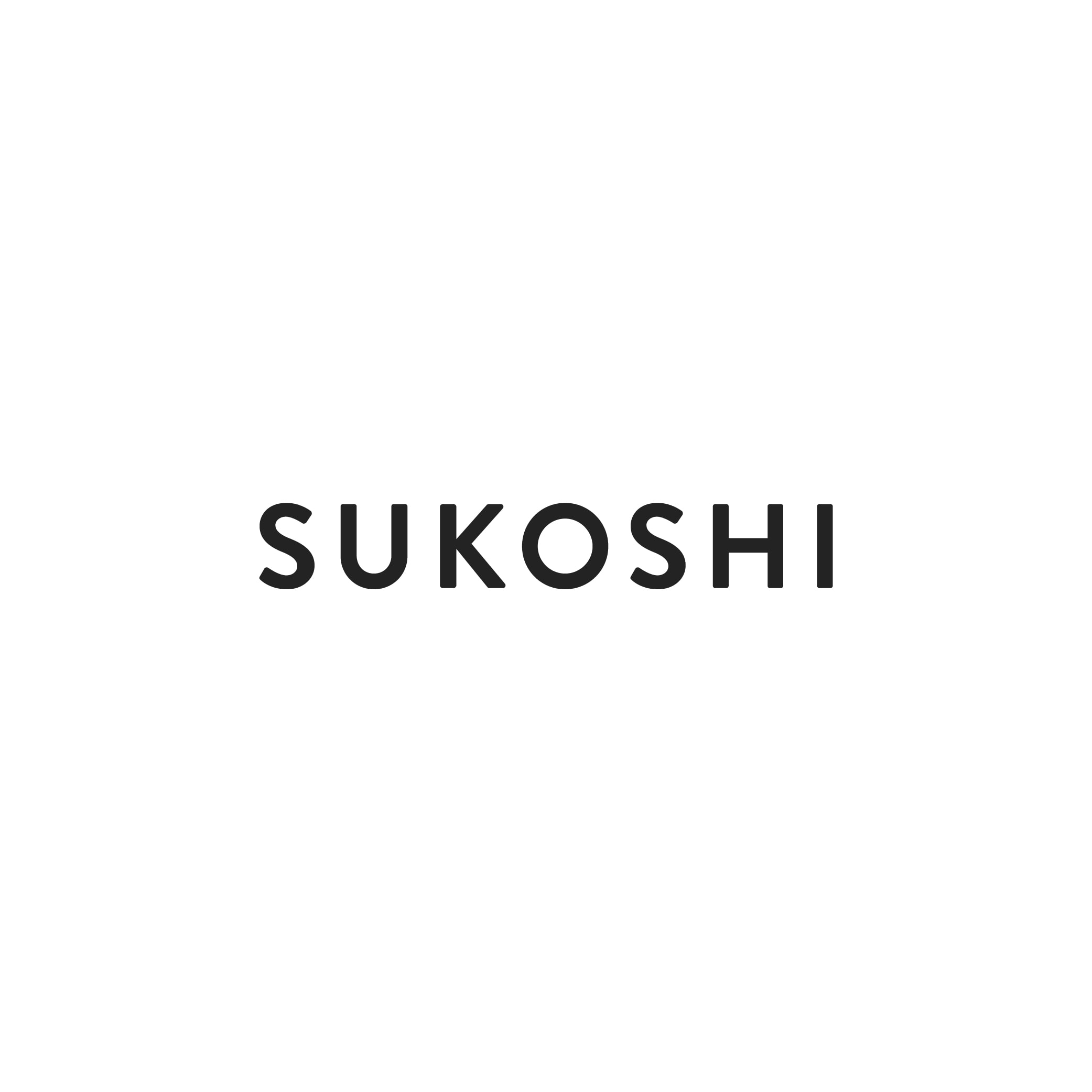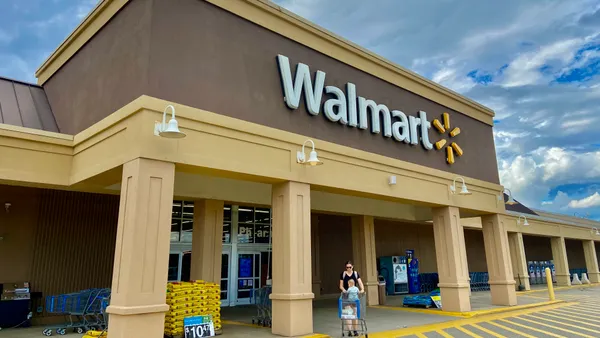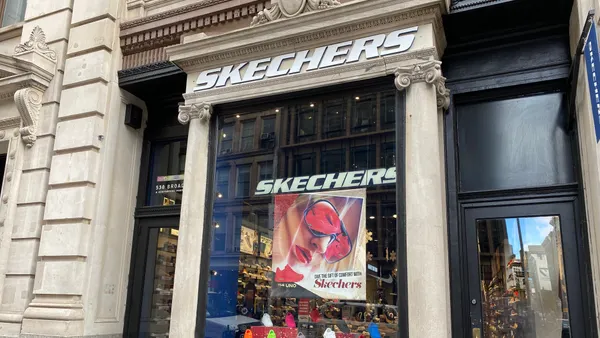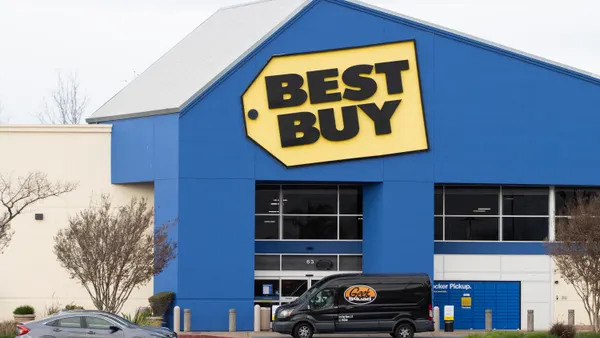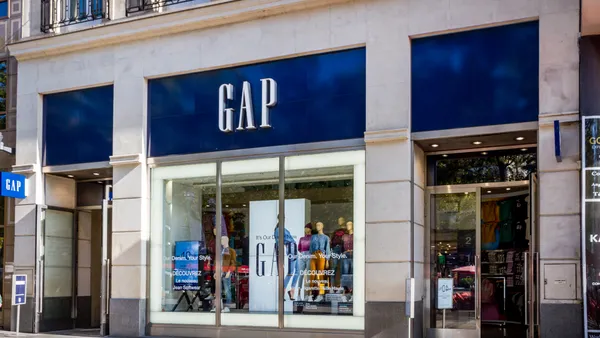Dive Brief:
- In an effort to improve BIPOC representation in the tech industry, Best Buy plans to spend $1.2 billion with diverse suppliers between now and 2025, including through its product buying and marketing spend, the retailer said in a press release.
- On the marketing side, Best Buy said it has a goal to dedicate "nearly" 10% of its annual media spending to BIPOC firms by 2025. The company also committed to having 30% of its paid advertising feature diverse cast members.
- Best Buy didn't indicate whether it will report on the progress of its goals.
Dive Insight:
In a May conference call with analysts, Best Buy CEO Corie Barry noted the one-year anniversary of George Floyd's murder at the hands of a police officer in the retailer's hometown of Minneapolis.
"For us, his death last year was a long overdue catalyst for change," Barry said, according to a Seeking Alpha transcript. "And as you may recall, I shared at that time that we would do better, and I'm proud to report that we have on many fronts." The executive went on to tout the company's five-year $10-million investment in Los Angeles tech centers to provide technology access and mentorship in an effort to reduce inequity and boost social justice in technology fields.
Late last year, Best Buy also said it would fill one in every three new non-hourly corporate positions with BIPOC employees, and it committed $44 million to expand college prep and career opportunities for BIPOC students.
Best Buy's latest effort partially mirrors that of Target, which earlier this year committed to spending $2 billion with Black-owned business by the end of 2025. Target specified that it would add products from 500 Black-owned businesses across its assortment and would create a dedicated team to support Black-owned businesses.
In supply chains, diversity programs can have an outsized impact. According to data services firm Proximo, every $1 million spent on diverse suppliers can create 10 jobs that pay above the median income.
As Alexis Bateman, Ashley Barrington and Katie Date explained in the Harvard Business Review, a diverse supplier program widens the pool of potential suppliers and promotes competition in a company's supplier base. It also can help with recruitment within the organization.
However, the HBR authors note that "diversity programs are often created reactively as distinct entities that are treated as nonessential" within a company. "These token departments may not have a seat at the procurement table and hence wield little influence on buying decisions," they add. The solution, they write, is to make diversity programs central to procurement decisions.
Without more details, it's difficult to gauge just what the impact Best Buy's latest initiative might have. Its $1.2 billion commitment was broad, encompassing essentially all outside spending. The company did not say, for example, how much spending in dollar or percentage terms it would devote to minority-owned merchandise suppliers. Best Buy did say it would offer advice, product feedback and help on sourcing questions with BIPOC businesses, and use its distribution network to help fulfill and house products for BIPOC businesses.
The retailer could arguably benefit from more diversity of all sorts in its supply chain. Currently, its five largest suppliers account for 57% of its purchased merchandise, and its 20 largest suppliers account for 80% of Best Buy's merchandise.
Spread out over the four years or so between now and 2025, the $1.2 billion figure becomes more modest — a few hundred million dollars per year. Aside from the total dollar commitment, the only definitive spending goal the retailer outlined is the 10% spending on BIPOC media firms. (Best Buy spent $819 million on advertising in its most recent fiscal year.) Some of its efforts to support BIPOC suppliers, like providing advice and product feedback, seem like pretty basic conduct toward maintaining good supplier relationships generally.



